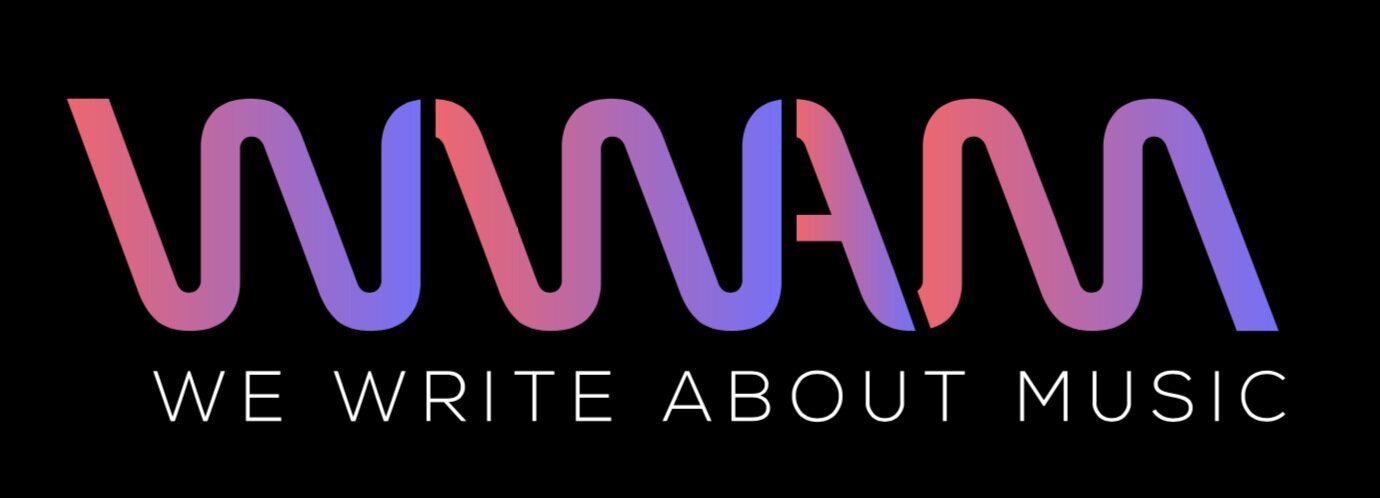The NFT and its place in the Music Industry
Seemingly, the metaverse is picking up speed. The hype surrounding this next stage of the internet, and even reality, has certainly faded from the headlines since the likes of Mark Zuckerberg so publicly bet big on its future, but in the years since, advances have been made. Investors continue to put money into metaverse projects, and now, the market is tipped to be worth some $1.8 billion by 2032.
Initially seen for its potential as a platform for entertainment – given the mainstream connections to multiplayer games – it didn’t take long for musicians and bands to see some potential in the metaverse. The focus has generally been on the potential of NFTs within the metaverse, with Kings of Leon being the first band to release an album in the form of an NFT. So, how does this all work, and is there a place for it in the music industry?
Source: Pixabay
Web3 promises to be the next phase of our internet life, and it comes with many technologies that a lot of people are quite unfamiliar with. Perhaps the most well-known are those of blockchains and cryptocurrencies. Blockchains are a form of distributed ledger technology that allows for secure, transparent, and decentralized workings and commonly work as the underpinning network that releases digital assets, like Bitcoin and Ethereum. Cryptocurrencies are digital currencies. With blockchain technology behind them, each crypto coin can’t be double spent or counterfeited due to how the ledger works.
As such, they’ve become a reliable form of online payment, and one that some online-based industries utilize already. You can see this at the sites that offer the most popular online pokies. To play games like God of Wealth, 777 Deluxe, or A Night with Cleo, players need to make a deposit and then use that deposit to spin the reels. If they win, the player naturally wants to make a swift withdrawal. While there are ways to play pokies for free in a site's practice mode, most play popular online slots for real money. That's when the ability to make a deposit with crypto at Ignition Casino and even claim an enhanced crypto welcome bonus can come in very handy.
Crypto is approaching the kind of widespread use that brings it in line with what has traditionally been seen as "real money", which is why casino platforms are willing to accept it via deposits and deliver payouts in crypto as well. BTC, BSV, BCH, ETH, LTC, and USDT are often accepted as a way of depositing to slots sites like the above. From there, the values go into the user’s account as part of their bankroll, and can be bet on a wide range of games such as Pearl Pursuit, Tiger’s Luck, or any other popular slot game. While usually people would need to mine or purchase more crypto to increase their holdings, with popular mobile-optimized slots, users could win more crypto and withdraw it to their digital wallets.
A lot of the focus on digital assets over the last seven or so years has been on cryptocurrencies and their widespread usage, as seen above, offers the format legitimacy. Where there have been more question marks for other digital assets is in the realm of NFTs.
NFT stands for “non-fungible token,” and what that basically means is that each NFT is a unique digital asset. There can be a collection of NFTs or multiples of the same overall product, but each NFT has a unique identification code that’s made through an encryption function. The blockchain that the NFT is based on tracks its ownership and ensures that it’s not copied. That NFT offers access to the unique item that’s stored elsewhere rather than being the asset itself.
Source: Pexels
While initially resistant to streaming, music seems to have become much more pliable to different methods of distributing tracks these days. Not wanting to get left behind, many have already dipped their toes into the metaverse as live virtual performers and NFTs. The way that NFTs can work with music is essentially as a unique key to access goods or shows.
Each distinct digital asset could be made as access to one of a limited number of items, such as an individual song, an album, a behind-the-scenes video clip, some exclusive album artwork, digital merchandise, or tickets to live concerts, gigs, or signings. While online streaming was once shunned for the easy replication and sharing of tracks, NFTs would eliminate this fear as all NFTs are guaranteed to be unique and impossible to replicate.
Kings of Leon dove into NFTs first, releasing the album When You See Yourself as an NFT. Earlier this year, Steve Jones created an NFT for his 1974 Gibson Les Paul custom electric guitar, and at the end of 2023, the incredibly influential thrash metal heavyweights Megadeth launched its own NFT collection and a metaverse community. There’s even a wholly Web3-based heavy metal band, The Shredderz, who’ve been releasing a whole host of goods and songs as NFTs in the metaverse.
Of course, it’s not all rosy in the burgeoning virtual space. Snoop Dogg was one of the big names to dive into NFTs when they started to garner hype in 2021. He got himself a plot of virtual land in the Ethereum-based zone The Sandbox, and someone spent the equivalent of $450,000 to get the virtual plot next door. By the middle of 2023, with the hype tempering back down, land in the Snoopverse sunk by over 90 percent.
There does seem to be a place for NFTs and what they can offer both musicians and collectors. For now, it’s incredibly niche to release NFT goods, but as the metaverse gains traction, it may become much more commonplace. When it does, those early NFTs might just gain some extra value among collectors.
Like what you read? Follow our social media and playlist for the latest in independent music:

